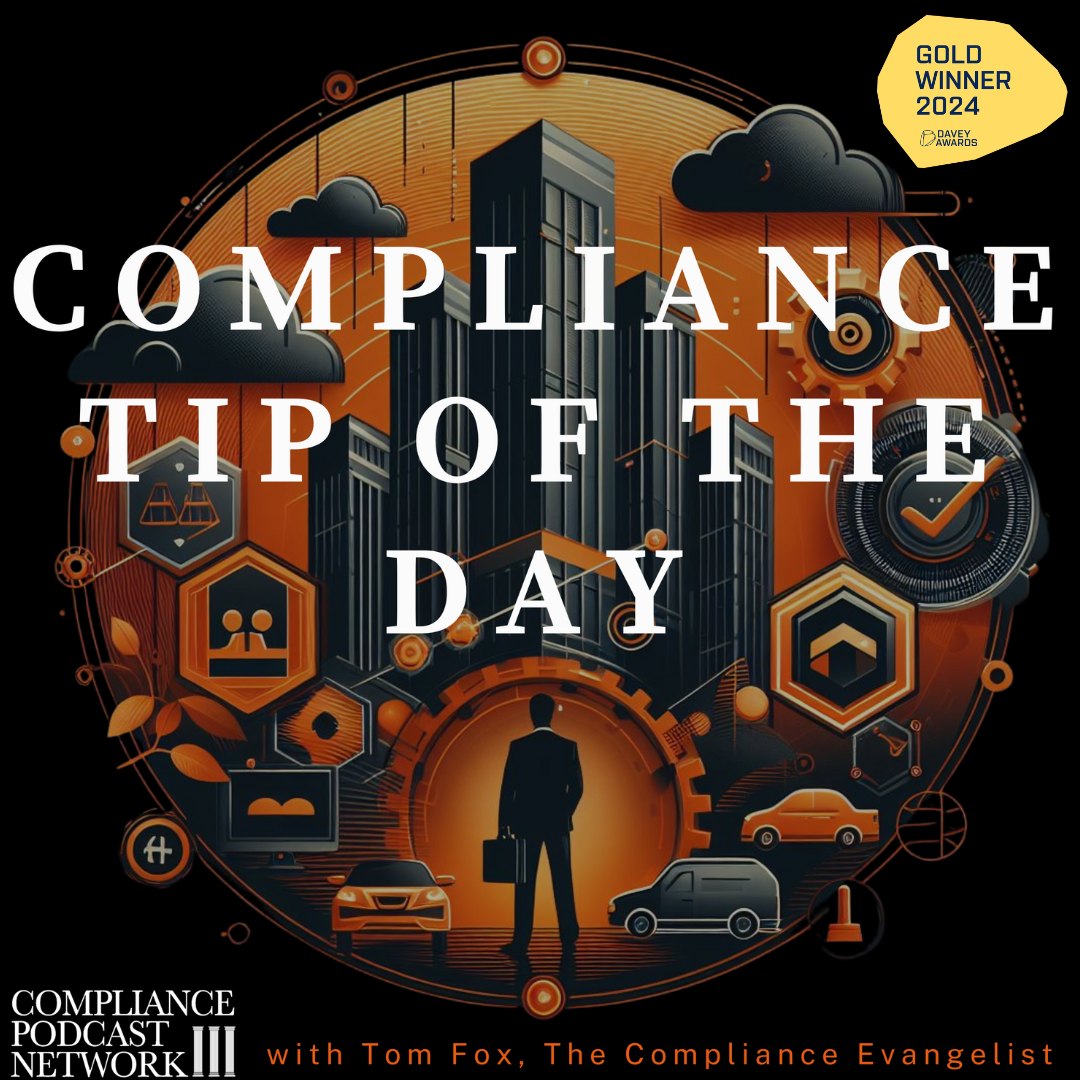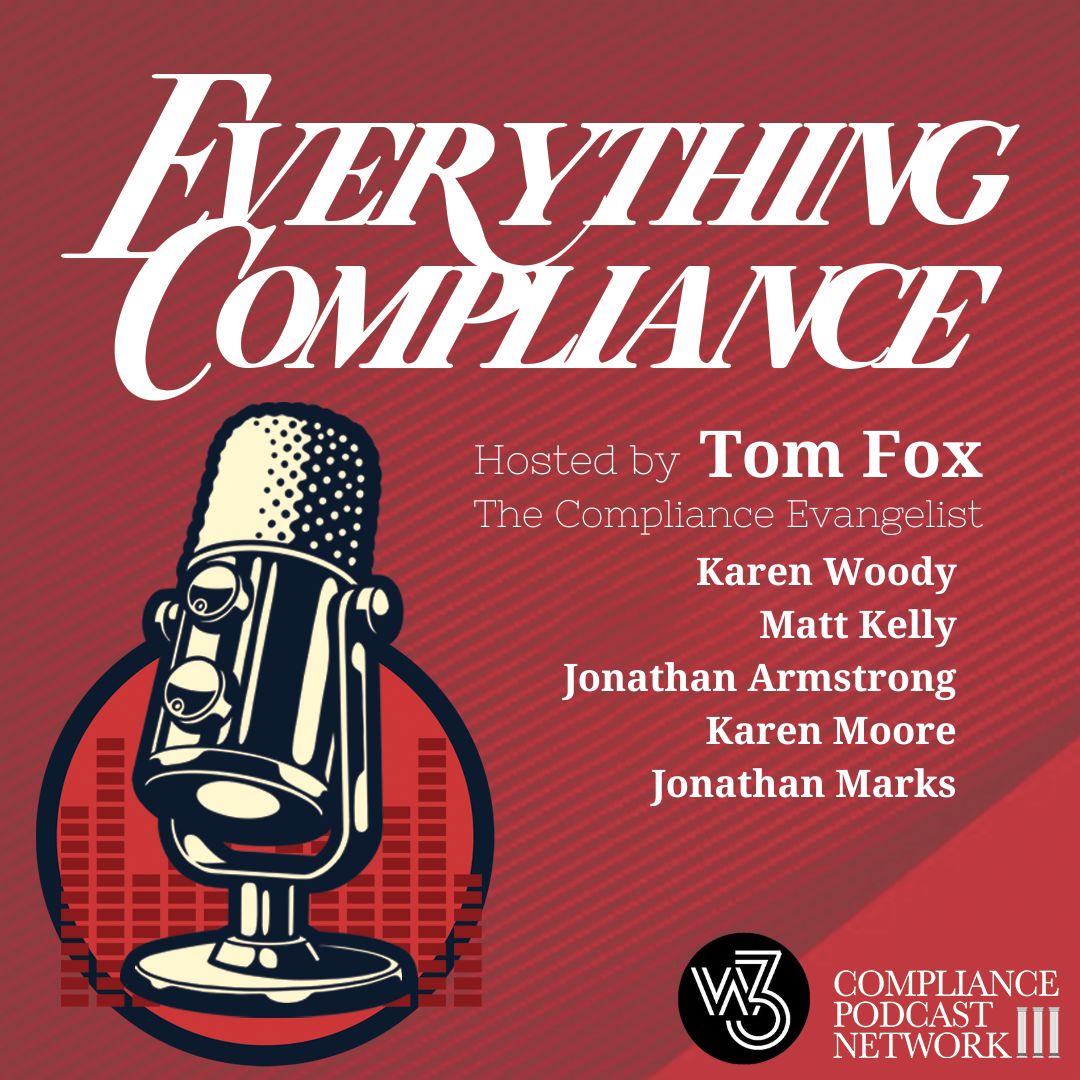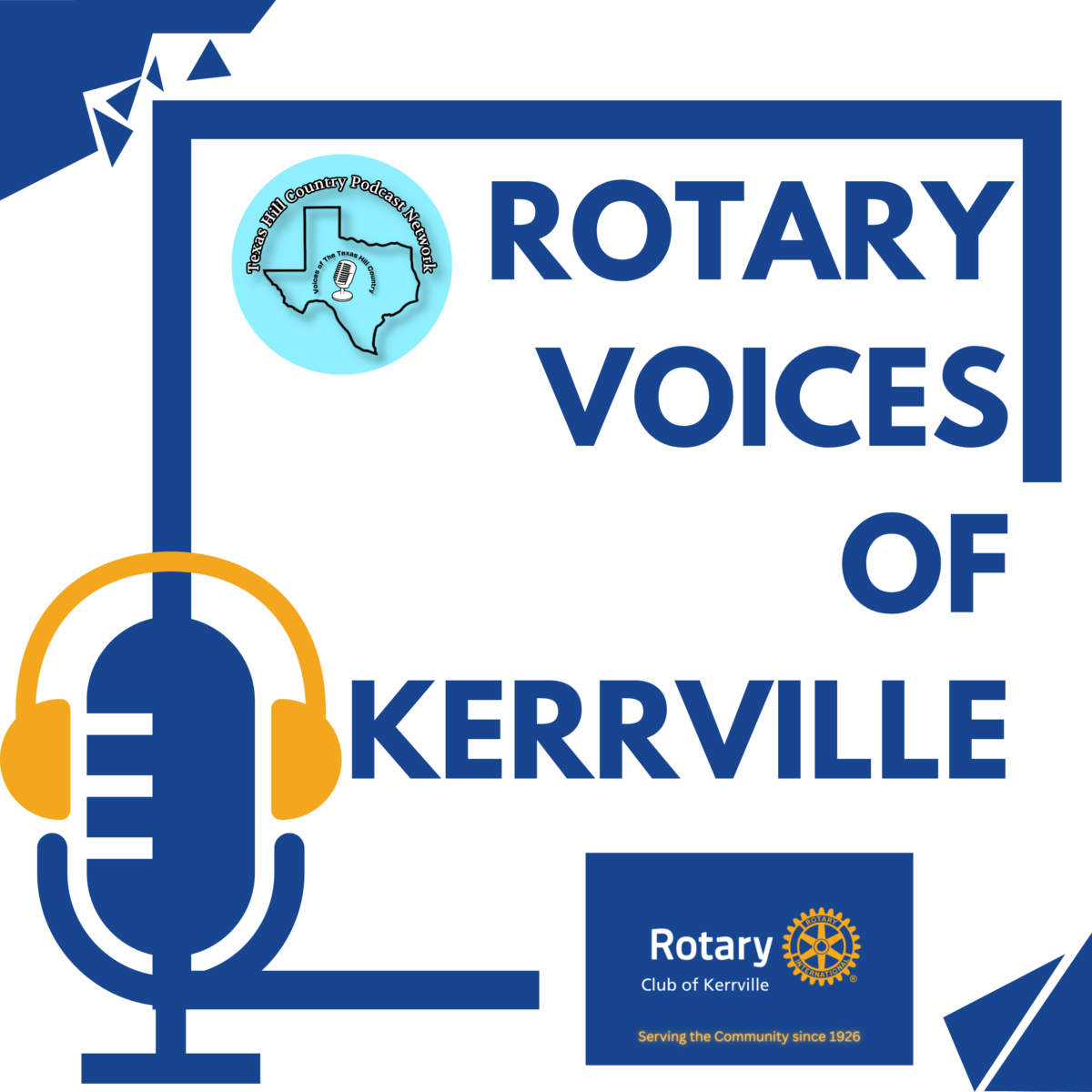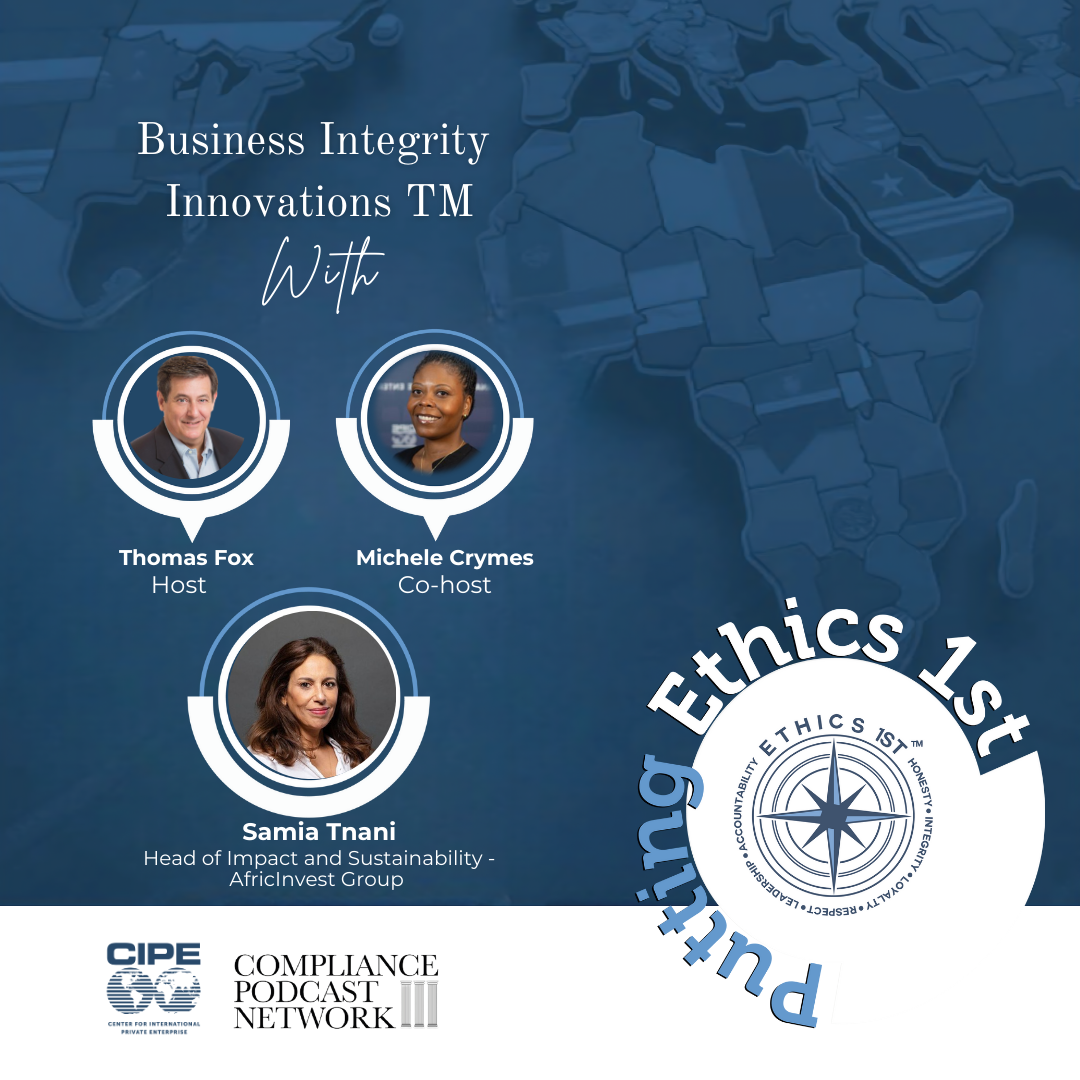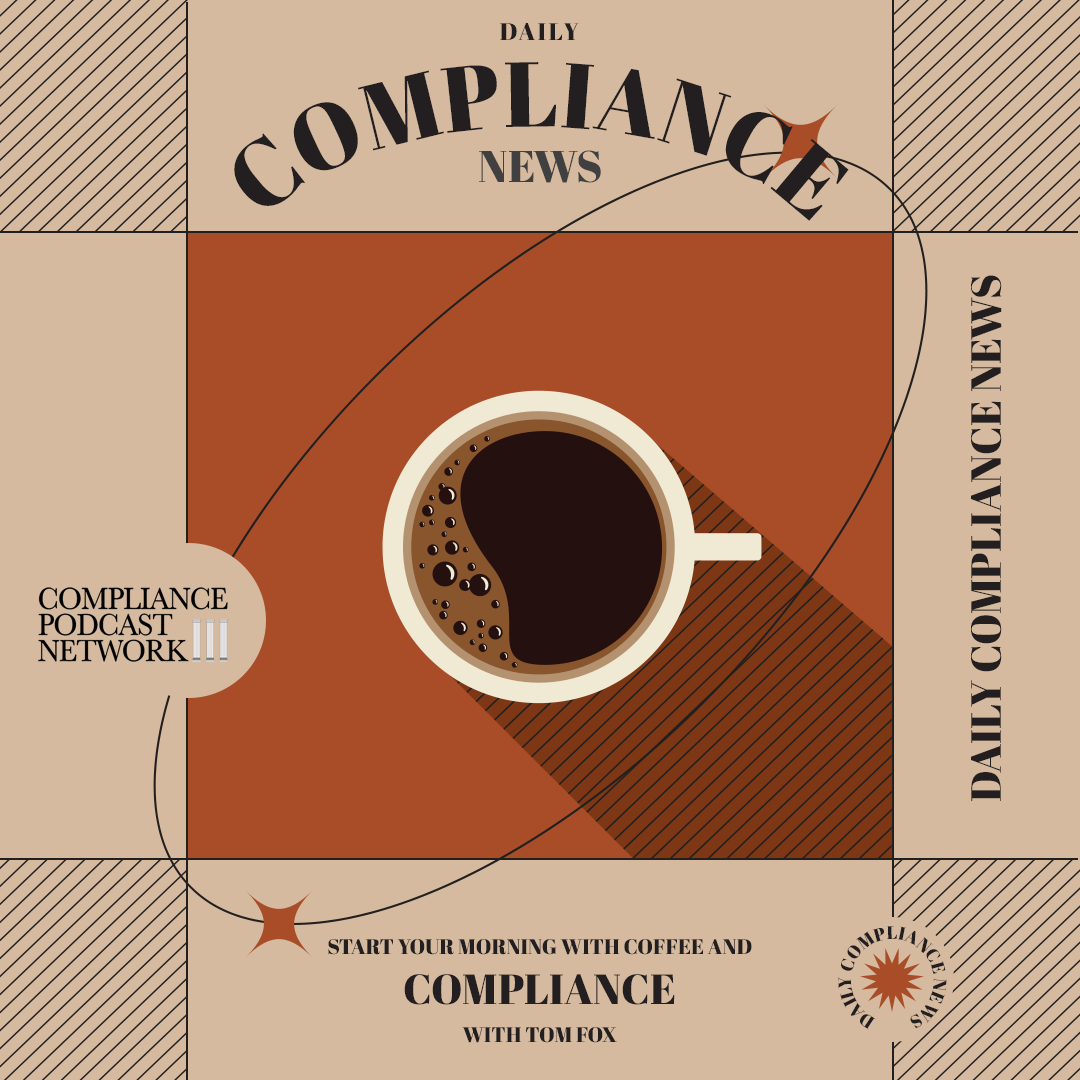The 2024 ECCP demands data-backed evidence of a genuine, embedded compliance culture. The DOJ’s stance is clear: a company’s commitment to compliance is only credible if it’s supported by data that reflects employee engagement, ethical practices, and trust. This shift in regulatory expectations makes culture audits an invaluable tool for today’s compliance professionals. A well-structured culture audit aligns your organization with DOJ standards and offers actionable insights that can create a more resilient and ethical workplace. Here are five practical steps to help compliance professionals conduct a culture audit that meets the DOJ’s standards and builds a stronger foundation of corporate integrity.
Step 1: Define Key Metrics
The first step in conducting a culture audit that meets DOJ standards is to define the key metrics you’ll measure. To satisfy the DOJ’s expectations, these metrics should extend beyond basic compliance checks and delve into the core elements that make up your organizational culture. Metrics to consider include employee engagement, trust in leadership, openness to reporting, and perceptions of ethical behavior.
Identifying Relevant Metrics. Employee engagement is a foundational metric. When employees are engaged, they’re more likely to take compliance seriously and contribute to an ethical culture. However, engagement alone isn’t enough; measuring trust in leadership and employees’ willingness to report misconduct is also critical. The DOJ explicitly examines how well compliance programs promote a “speak-up” culture and ensure employees feel safe reporting concerns.
Additional metrics include training completion rates, whistleblower hotline usage and response rates, and employee understanding of compliance policies. By measuring both attitudes and actions, compliance professionals can gain a holistic view of the culture and identify specific areas for improvement.
Step 2: Collect Broad-Based Input
For a culture audit to be effective, gathering input from all levels of the organization is crucial. This means going beyond the C-suite and senior management to include frontline employees, middle management, and support staff. The DOJ emphasizes that an authentic culture of compliance permeates the entire organization. A one-sided perspective can result in an incomplete view of culture, as senior management’s vision of compliance may not align with the experience of frontline employees.
How to Gather Inclusive Input. A good culture audit employs a combination of anonymous surveys, focus groups, and interviews. Surveys provide quantitative data, while focus groups and interviews allow employees to share candid insights into their experiences. This layered approach captures high-level trends and individual experiences, giving you a well-rounded picture of the compliance culture.
To ensure diverse perspectives, consider creating focus groups with employees from different departments and regions. Anonymity is key to gathering honest feedback, so assure employees that their responses will remain confidential. Broad-based input provides comprehensive data and signals to employees that their opinions are valued, which is a foundational aspect of building trust.
Step 3: Benchmark and Track Progress
Once you have collected input, the next step is establishing a baseline for your compliance culture. Benchmarking involves identifying where your organization currently stands regarding key metrics and setting a reference point for future assessments. This baseline allows you to measure progress over time, which is essential for meeting DOJ standards and demonstrating an ongoing commitment to a culture of compliance.
Creating and Using Benchmarks. To benchmark effectively, analyze the initial data from your culture audit and categorize findings into strengths, areas for improvement, and potential risks. For instance, if you discover that trust in leadership is lower in one department or region, you’ll have a clear area to focus on. Similarly, if engagement metrics are strong across the board, this becomes a benchmark to maintain in future audits.
Tracking progress against your benchmark over time is vital. Establishing specific, measurable goals based on your baseline data can guide subsequent audits. The DOJ expects companies to demonstrate continuous improvement in compliance culture, so tracking and documenting progress is essential. By consistently comparing audit results to your baseline, you can show regulators that your organization is serious about cultivating an ethical culture.
Step 4: Analyze Data and Set Goals
With your benchmark in place, it’s time to analyze the data and set actionable goals to address gaps or reinforce strengths. This step is critical because it translates raw data into a roadmap for improvement. The DOJ is particularly interested in how companies respond to audit findings, expecting a robust compliance culture to evolve and improve in response to internal and external factors.
Turning Data into Actionable Goals. Data analysis should identify patterns and areas where metrics fall short of desired benchmarks. For example, if employees lack trust in compliance reporting mechanisms, consider implementing additional training, improving communication around these processes, or reinforcing the non-retaliation policy. Setting specific, achievable goals is essential for showing the DOJ that you are acting on your findings rather than conducting audits for optics.
Consider both short-term and long-term goals. For example, a short-term goal could be improving employee awareness of reporting channels, while a long-term goal could be increasing overall trust in leadership by 10% over two years. Goal setting is ongoing as you address initial findings, reassess, and set new objectives to support a continuous improvement cycle.
Step 5: Regularly Reassess
Compliance culture is dynamic, and neither should your culture audits reflect this reality. To align with DOJ standards and maintain an ethical workplace, conduct culture audits regularly, at least annually, or semi-annually. Each audit will reveal new insights, especially as external factors and internal dynamics shift. Regular reassessment ensures your compliance program remains responsive to changing risks and evolving employee needs.
Establishing a Culture of Continuous Improvement. Making culture audits a regular part of your compliance program fosters a culture of continuous improvement. Each audit serves as a check-up on your current state and an opportunity to refine your approach. The DOJ appreciates organizations that regularly update their compliance programs, demonstrating that compliance is a priority and not a one-time effort.
In practice, regular audits help you stay prepared for potential regulatory scrutiny. They enable you to document progress, track evolving cultural trends, and address emerging risks before they become significant. A culture of continuous improvement signals to employees and the DOJ that your organization is committed to building and maintaining a strong ethical foundation.
Making Culture Audits a Cornerstone of Compliance
A well-structured culture audit is an indispensable tool for modern compliance programs, providing the data-backed insights the DOJ now expects from organizations. By following these five practical steps: defining key metrics, collecting broad-based input, benchmarking and tracking progress, analyzing data and setting goals, and regularly reassessing, you can establish a culture audit process that meets DOJ standards and strengthens your organization’s ethical foundation.
Incorporating culture audits as a cornerstone of your compliance program shows that your organization is serious about maintaining an ethical and transparent workplace. It provides a structured way to measure engagement, trust, and ethical perceptions—essential to a truly robust compliance culture. More than just a regulatory requirement, a data-driven approach to culture fosters a more engaged and compliant workforce, positioning your organization for long-term success.
The DOJ’s 2024 ECCP update reinforces that compliance is about more than policies; it is about the health of an organization’s culture. For compliance professionals, the mandate is clear: prioritize culture audits and use them as powerful tools to meet regulatory standards and create a resilient, ethical workplace that stands the test of time.


